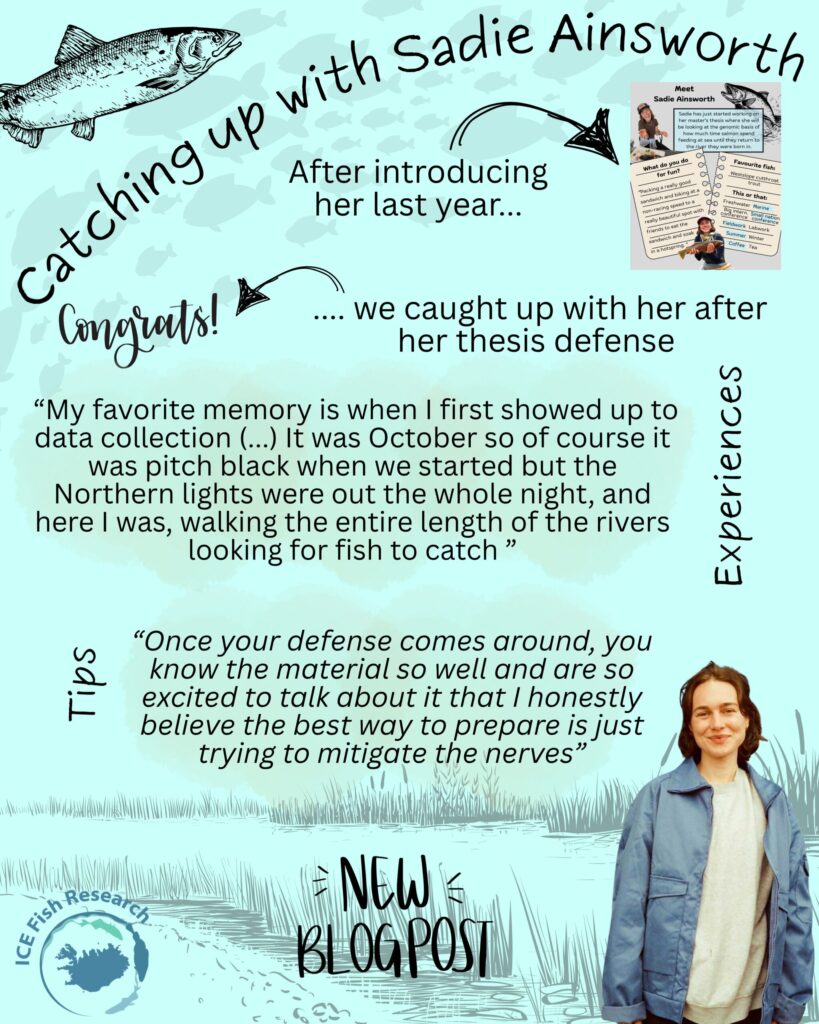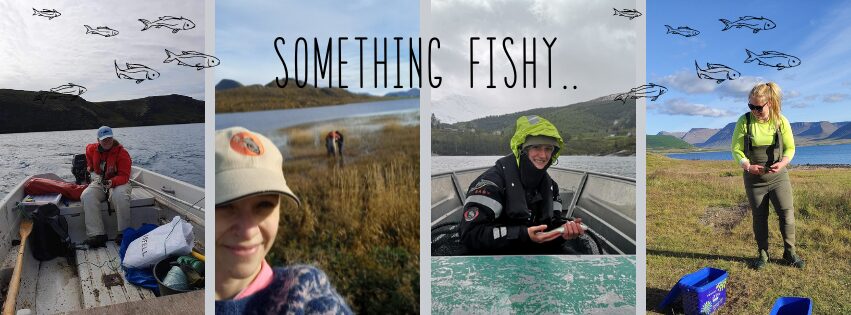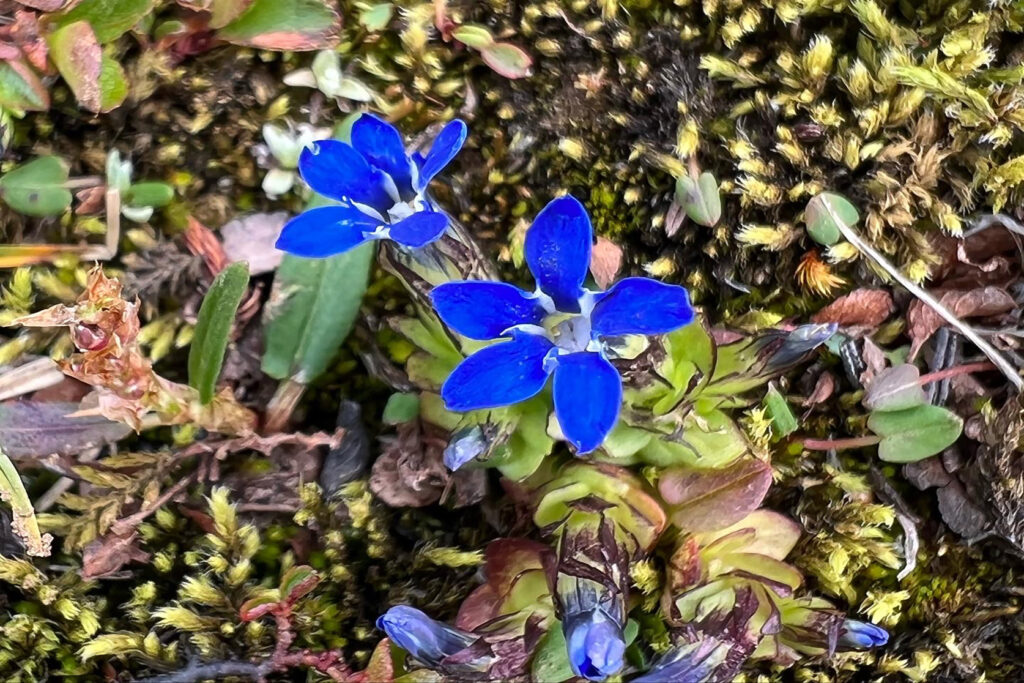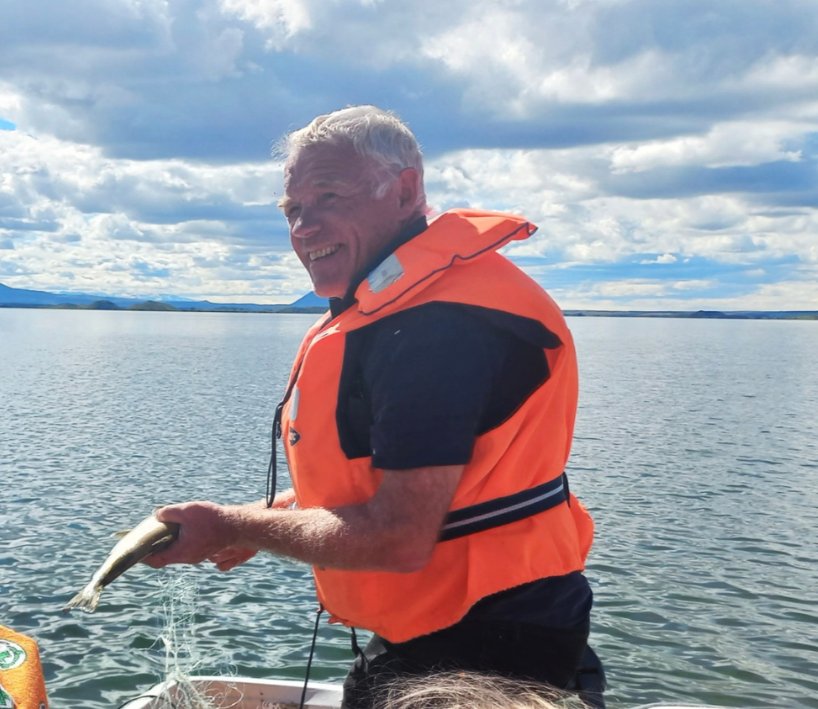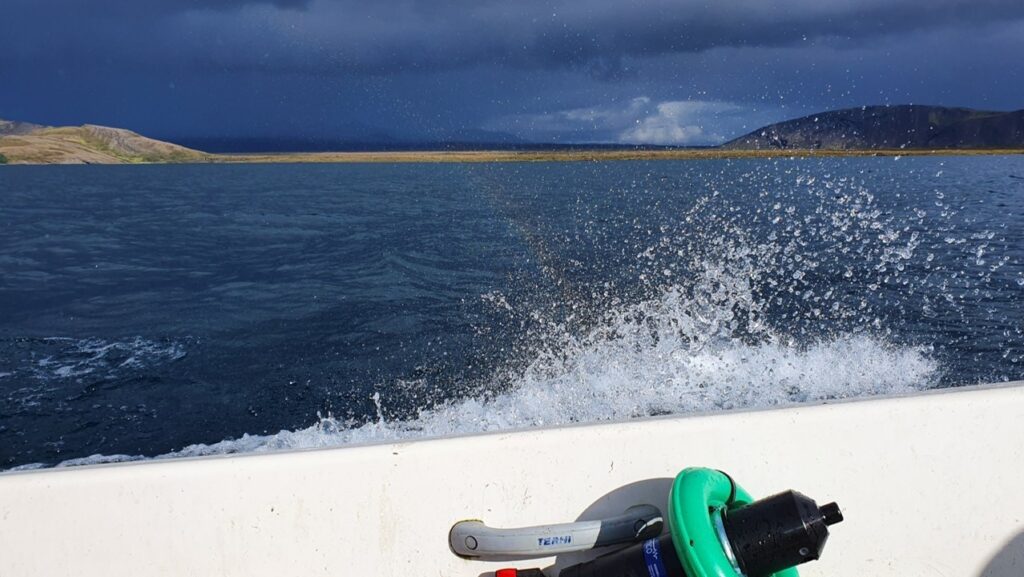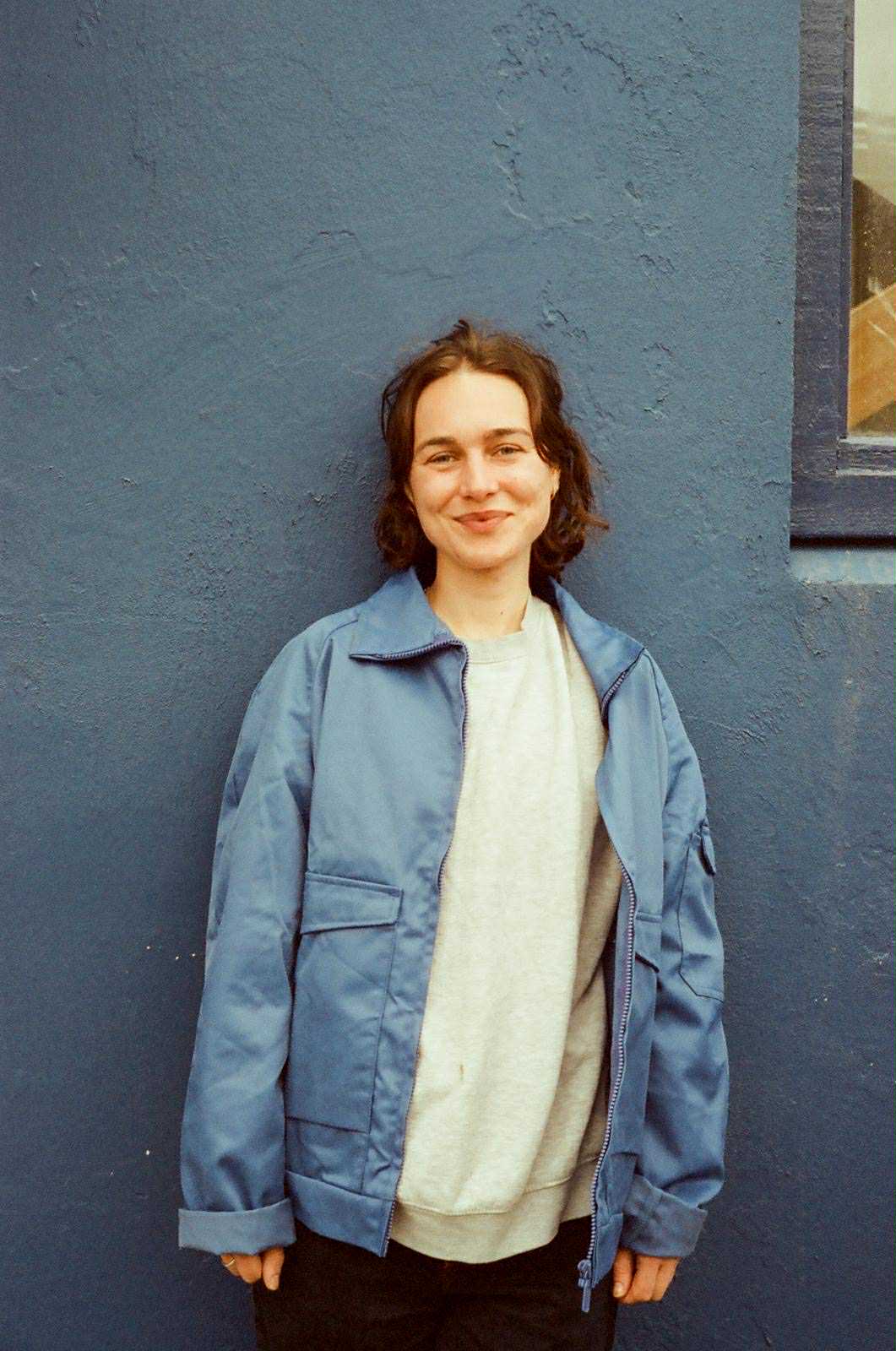
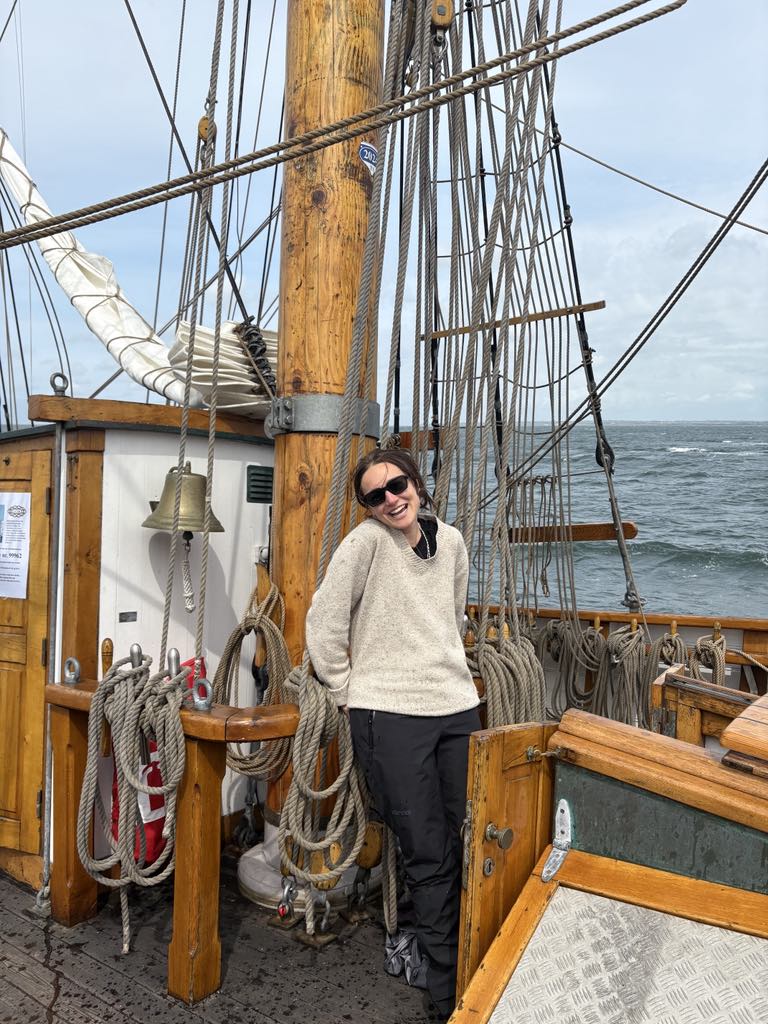
Last year we introduced you to Sadie Ainsworth, her favourite fish (Westslope cutthroat trout), and her journey from growing up in Canada with a supercool hello kitty phone to studying her master’s in the Icelandic Westfjords. Back then, Sadie had just started her thesis looking at salmon in Iceland (https://icefishresearch.com/saidie-ainsworth-from-hello-kitty-to-iceland/). A lot has happened since then and we are happy to announce that Saidie successfully defended her thesis in September. We now had a chance to catch up with her and find out how her thesis experience was from beginning to defense.
How was the experience with your master thesis?
“As I type this question, I’m smiling a bit because if you were to have asked me this question while working on this thesis, my answer would have been drastically different depending on the day and time you asked me. But now that I am done, all I can say is amazing!”
Did the thesis/project turn out how you first imagined it in your thesis proposal?
“When I first started the project, I didn’t really know what to expect. I had never done any genetic work previously. And when my advisor first sent me papers we were going to base the thesis off of, I remember having to reread the papers over and over again to even understand what they were doing. This led to a rather big learning curve when first starting my project which in a way was great since I was still figuring out what would be possible to complete in my timeframe. With that said, after getting more into the project, my ambitions quickly exceeded what was feasible.”
What were the main results of your thesis? And what were the steps to get there (i.e. fieldwork, labwork etc.)
“The main objective of the thesis was to get a baseline of the genetic predisposition of the maturation timing in wild Atlantic salmon by genotyping two major effect loci. In order to do this, I needed finclip samples, which I was able to get by participating in fieldwork in addition to accessing samples archived from the Icelandic research company Lakfiskar. After fieldwork was complete, it was time for the labwork, where the DNA was extracted and analyzed.”
In our last post, you mentioned that besides fish & science, your favourite things are going for bike rides with friends and enjoying some self-made sandwiches while soaking in a good hot pot. Did you still find time for these things next to your thesis?
“Lets just say, next summer is going to be really really fun since I have double the bikerides, soaks, and sandwiches to eat.”
Is there something that you would have liked to know before starting your thesis? Do you have some recommendations for future master students?
“The biggest challenge that I faced when working on my thesis was when it came to the data analysis portion. This has never been my strength, so I wasn’t surprised when I struggled with the analysis but I was taken aback by how much my frustration got in the way of motivating me to consistently work on the thesis. My recommendation would be to form a group of other students to work on your thesis. That way you are held accountable to work and can ask each other questions. I think I would have really benefited from having consistent peer motivation.”
How did you prepare and experience your thesis defense?
“Once your defense comes around, you know the material so well and are so excited to talk about it that I honestly believe the best way to prepare is just trying to mitigate the nerves. For this, the best thing I think you can do is practice in front of your friends and ask them if your presentation makes sense to someone who has never heard your research before. And then make sure to drink your coffee with them the morning of your presentation, so you’re not just a nervous wreck alone!”
What does your life post-defense look like and what are your next steps?
“Right now, I am living and working in Ísafjörður. Currently, I am taking the time to appreciate a schedule where I am not balancing work and school. I am not sure what’s next, but I have been keeping my eye out for opportunities to continue working in fisheries.”
What is your favourite memory of your thesis project?
“My favorite memory is when I first showed up to data collection, I had driven from Ísafjörður to Selárdalur, arriving at around 8:00 pm coming from my closing shift at heimabyggð. I’m pretty sure I ate a cinnamon roll for dinner. When I arrived at the house, everyone said “Are you ready?”. And I was like yes of course! But what I didn’t realize was that we were starting sampling at midnight and would be finishing early the next morning. It was October so of course it was pitch black when we started but the Northern lights were out the whole night, and here I was, walking the entire length of the rivers looking for fish to catch with two people I had just met. I just loved the whole thing!”
As you can see, doing a master’s thesis is often not a straightforward process. It can come with steep learning curves and frustrating moments of trying to analyse your data, but it will also allow you to explore exciting topics and learn new tools and approaches. Doing research and writing a thesis can be a rollercoaster of emotions between stressing about deadlines and the beauty of small moments and big achievements. If you ask Sadie, it is important to keep your friends close during your thesis, both for the motivation and support to keep on working but also to help you calm those nerves before the big day of your thesis defense.
We would like to congratulate Sadie again on defending her thesis on an exciting research project! We wish her all the best for the next steps and can’t wait where her path will lead her!
If you have more questions about the process of doing a thesis or if you want to hear more tips and tricks, let us know!
